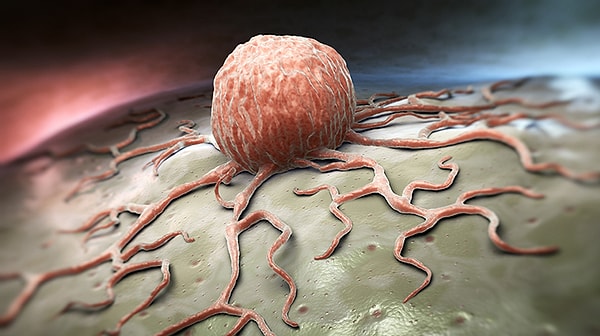Major Study Suggests: Colon Cancer is the Only Cancer Rising Dramatically in Young People
The increasing incidence of cancer among young people is causing concerns in the medical world. A comprehensive new global analysis, which includes 42 countries, has revealed that the only type of cancer showing a dramatic increase in people under 50 is colon cancer (also referred to as bowel cancer). So, what could be the reason for this surge in colon cancer?
Let's delve into the details 👇
According to a study conducted by British scientists, it has been observed that the incidence of certain types of cancer, such as liver and stomach cancer, has decreased in individuals under the age of 50.

However, the case for colon cancer is different. Researchers discovered that in more than two-thirds of the countries studied, this type of cancer is increasing at a faster rate among young people compared to those over 50. For instance, in the UK, diagnoses among those aged 25 to 49 have surged by over 50% since the early 1990s. Meanwhile, in the US, it is predicted that by 2030, this disease will be the most common type of cancer among individuals under the age of 50.
Experts are putting forth various theories to account for this increase.

Some experts argue that routine screening tests administered to the elderly may be more successful in preventing cases in individuals over 50 by detecting cancer at an early stage or eliminating lesions before they become cancerous. On the other hand, other scientists speculate that factors such as diets rich in overly processed foods and antibiotic usage could play a part. Professor Amy Berrington, the lead author of the study, mentions that increasing obesity rates are also being examined, but the evidence is not yet conclusive.
Colon cancer ranks as the fourth most common type of cancer both in the United Kingdom, with approximately 44,000 cases annually, and in the United States, where it affects around 142,000 individuals each year.

It is estimated that over 54% of these cases could have been prevented.
Typically, the symptoms of the disease include:
Seeing blood in the stool
Persistent changes in bowel habits, such as diarrhea or constipation
Unexplained weight loss
Abdominal pain or a lump in the abdomen
Bloating and fatigue
Anyone experiencing any of these symptoms is advised to consult a doctor. Experts emphasize the need for further research into the causes of these increases.
Keşfet ile ziyaret ettiğin tüm kategorileri tek akışta gör!

Send Comment